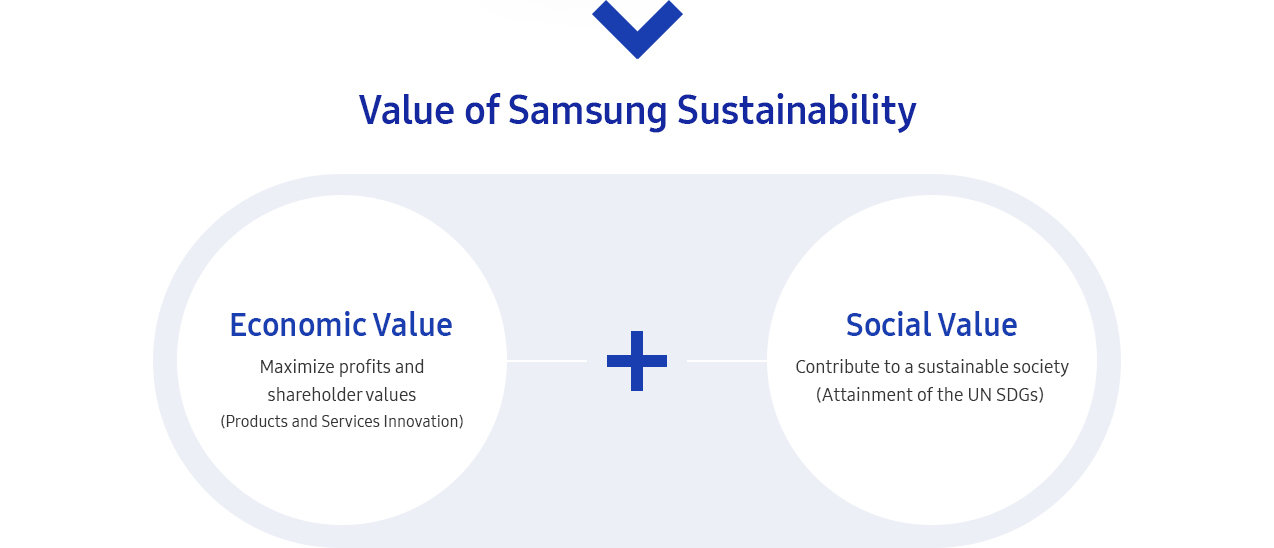Samsung Electronics, a global leader in technology, is also recognized for its efforts in sustainability and environmental responsibility. As one of the largest technology companies in the world Samsung understands the impact of its operations on the environment and is committed to integrating sustainability into its business practices. This article explores Samsung’s approach to sustainability including its environmental initiatives, product design strategies and corporate social responsibility efforts.
Environmental Goals and Targets
Climate Action
Samsung has set ambitious targets to combat climate change. The company aims to achieve net-zero carbon emissions by 2050. This goal aligns with global efforts to limit global warming and reflects Samsung’s commitment to reducing its greenhouse gas emissions. To reach this target Samsung is implementing a range of strategies including transitioning to renewable energy sources and improving energy efficiency across its facilities.
Energy Efficiency
Energy efficiency is a cornerstone of Samsung’s environmental strategy. The company has introduced energy-efficient technologies in its products and operations. For instance Samsung’s home appliances such as refrigerators and washing machines are designed to consume less energy while maintaining high performance. By incorporating energy-saving features Samsung not only helps consumers reduce their energy bills but also contributes to lower overall energy consumption.
Sustainable Product Design
Eco-Friendly Materials
Samsung is dedicated to using eco-friendly materials in its products. The company has made significant strides in incorporating recycled plastics into its devices. For example Samsung’s smartphones and televisions often use recycled ocean-bound plastics which helps reduce plastic waste and support ocean conservation efforts. This approach aligns with Samsung’s broader goal of reducing the environmental impact of its products.
Product Longevity and Recycling
Another aspect of Samsung’s sustainable product design is its focus on product longevity. By designing products that are durable and easy to repair Samsung aims to extend their lifespan and reduce electronic waste. Additionally Samsung has established recycling programs to facilitate the proper disposal and recycling of old devices. Consumers can return their used electronics to Samsung for responsible recycling ensuring that valuable materials are recovered and harmful substances are safely managed.
Waste Management and Circular Economy
Reducing Waste
Samsung is committed to minimizing waste generation across its operations. The company has implemented waste reduction programs that focus on reducing reusing and recycling materials. For example Samsung’s manufacturing facilities have adopted practices to reduce waste generated during production processes. By optimizing resource use and enhancing waste management Samsung aims to create a more sustainable and efficient production cycle.
Circular Economy Initiatives
Samsung embraces the principles of the circular economy which seeks to keep resources in use for as long as possible and recover and regenerate products at the end of their life cycle. Samsung’s circular economy initiatives include designing products for easy disassembly facilitating repair and refurbishment and promoting recycling. By integrating these practices Samsung contributes to a more sustainable and resource-efficient economy.
Corporate Social Responsibility (CSR)
Community Engagement
Samsung’s commitment to sustainability extends beyond environmental initiatives to include social responsibility. The company actively engages with communities through various CSR programs. These programs focus on education, healthcare and environmental conservation. For example Samsung’s “Solve for Tomorrow” initiative encourages students to develop innovative solutions to environmental and societal challenges fostering a sense of environmental stewardship among the next generation.
Ethical Business Practices
Samsung also emphasizes ethical business practices as part of its sustainability strategy. The company adheres to strict standards for ethical conduct including fair labor practices and transparent supply chain management. By promoting ethical practices Samsung ensures that its operations and supply chain are aligned with its sustainability goals and contribute to positive social impact.
Transparency and Reporting
Sustainability Reporting
Transparency is a key element of Samsung’s approach to sustainability. The company regularly publishes sustainability reports that detail its environmental performance goals and progress. These reports provide stakeholders with insights into Samsung’s environmental impact and initiatives demonstrating the company’s commitment to accountability and continuous improvement.
External Certifications
Samsung’s efforts to promote sustainability are also validated through external certifications. The company has received various certifications for its environmental management practices including ISO 14001 which recognizes organizations for their effective environmental management systems. These certifications underscore Samsung’s dedication to meeting high environmental standards and contributing to global sustainability efforts.
Conclusion
Samsung’s approach to sustainability and environmental responsibility is comprehensive and multi-faceted. Click here to explore how Samsung is making significant strides toward a more sustainable future through its commitment to climate action, energy efficiency, sustainable product design, waste management, and corporate social responsibility. By setting ambitious goals, embracing innovative practices, and fostering collaboration, Samsung is not only addressing its environmental impact but also contributing to broader global sustainability efforts.
As consumers and stakeholders increasingly prioritize environmental responsibility Samsung’s proactive approach positions it as a leader in sustainability within the technology industry. The company’s ongoing efforts and future initiatives will play a crucial role in shaping a more sustainable and responsible technological landscape.

